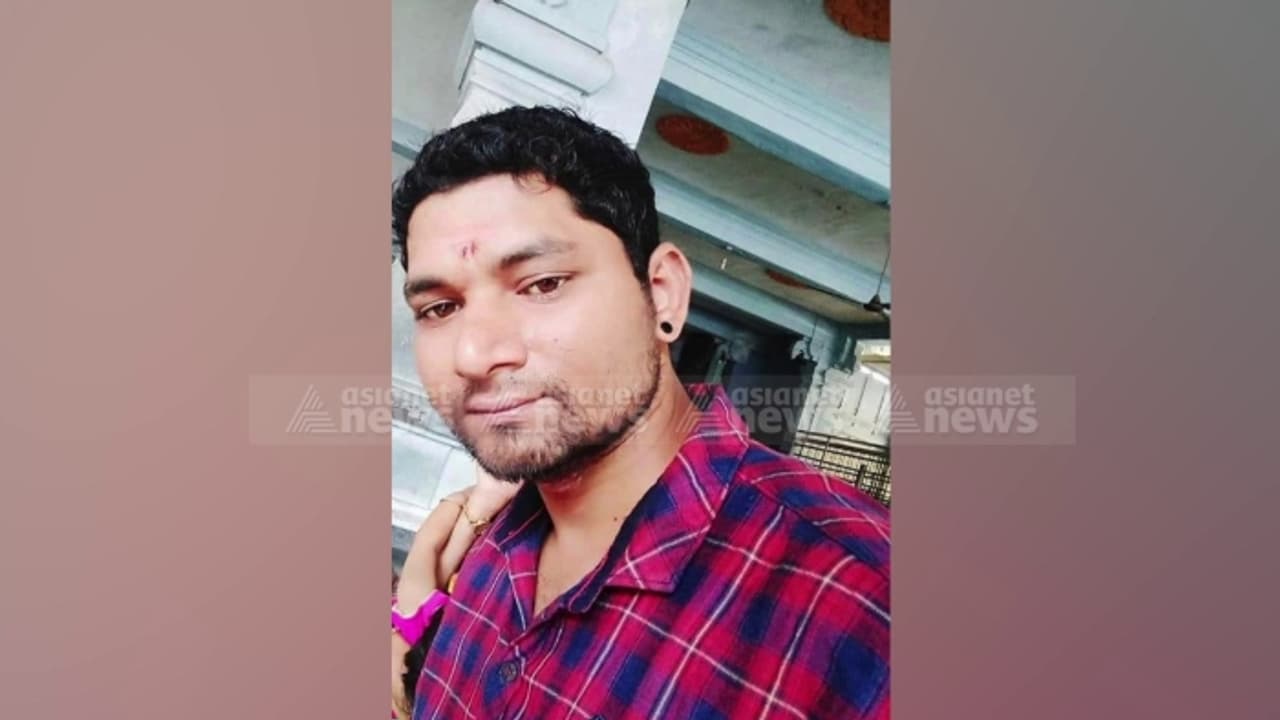A 38-year-old man died from amoebic encephalitis after being treated for two weeks at the Kasaragod Government General Hospital and a private facility in Kannur. Manikandan, who returned home from Mumbai due to fever and seizures, was diagnosed with the condition during tests at the private hospital.
Kasaragod: A 38-year-old man identified as M. Manikandan has died from amoebic encephalitis. The Ukrampadi native was receiving treatment at the Kasaragod Government General Hospital and a private facility in Kannur for the last two weeks before his death.

Manikandan, who had been working in a shop in Mumbai, returned home two weeks ago after suffering from fever and seizures. During tests at a private hospital in Kannur, he was diagnosed with amoebic encephalitis. He died as his condition worsened during treatment. Previously, deaths from encephalitis had also been reported in Thiruvananthapuram and Malappuram in the state.
Earlier, a woman from Thiruvananthapuram was diagnosed with amoebic encephalitis.
What is Primary Amoebic Meningoencephalitis?
Primary Amoebic Meningoencephalitis (PAM) is a rare disease that occurs in people who come into contact with contaminated water sources and is not a contagious disease. The amoeba multiplies when the water level decreases in summer, and the disease is more prevalent during this time.
Once the Naegleria fowleri amoeba reaches the brain, it causes inflammation of the meninges (the protective membranes covering the brain and spinal cord) and the brain itself. The infection progresses rapidly and can lead to severe neurological symptoms, including severe headache, fever, stiff neck, seizures, hallucinations, and coma. Unfortunately, PAM is often fatal, with very few reported cases of survival.
Health officials have warned people to avoid bathing in stagnant or contaminated water. Those who have undergone surgery, have head injuries or have undergone head surgery should be cautious. The disease can also spread through steam or water from contaminated sources. The disease can also spread through steam from contaminated sources. When bathing in contaminated water, the amoeba in the mud at the bottom of the waterbody mixes with the water and enters the body through the nose.
Preventive measures include avoiding warm freshwater bodies with stagnant water, especially in areas with a known history of Naegleria fowleri presence. Using nose clips or keeping the nose shut when engaging in water activities can significantly reduce the risk of water entering the nose. Proper maintenance and chlorination of swimming pools can also help prevent contamination.
Despite reporting an unusually high total of 19 cases of amoebic meningoencephalitis in just five months, Kerala achieved a remarkable milestone by successfully treating 14 of those cases. This achievement reduced the mortality rate for amoebic encephalitis in the state from the global average of 97% to 26%. On September 12, all 10 patients being treated at the Thiruvananthapuram Government Medical College Hospital were discharged after completing a 28-day treatment regimen based on a protocol adapted from the U.S. Centers for Disease Control and Prevention.
Kerala initiates research and action plan on rising Amoebic infection cases
